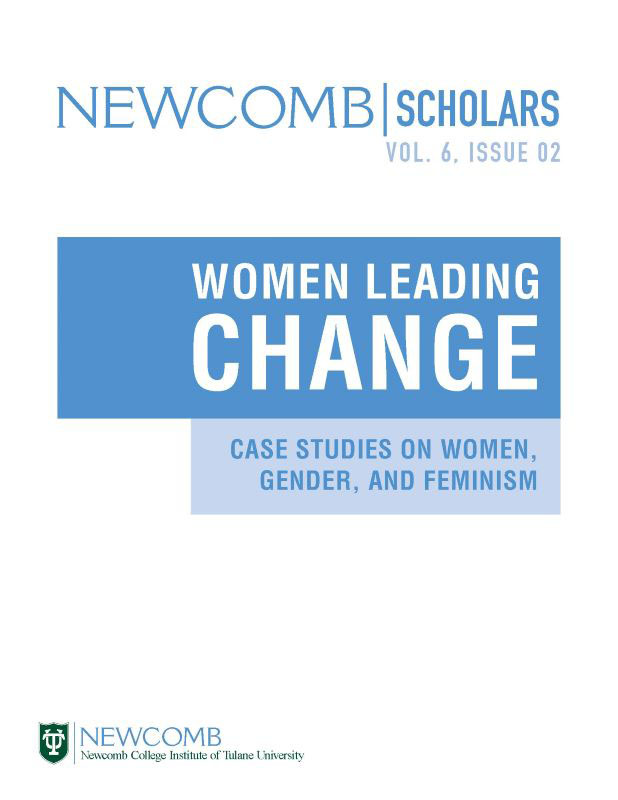Femme and Fatality: Gender and the Trial of Lizzie Borden
Abstract
Crime is an intrinsic part of culture. Such is certainly the case with the Borden family murders, the 1892 killings of Andrew and Abby Borden: two well-respected and monied members of upper echelon society in Victorian-era Fall River, Massachusetts. If the intrigue of the murders themselves was not enough to cause a cultural stir, the suspect who emerged at the forefront of the investigation into the crimes undoubtedly was. To this day, it is widely believed that Lizzie Borden, Andrew’s youngest daughter, committed the brutal killings that left both her father and stepmother unrecognizably bludgeoned by an axe in their own family home; however, her 1893 trial found her innocent on all accounts of murder. Over a century later, society remains gripped by what has now become the legend of Lizzie Borden, her near-obvious guilt, and her found innocence. This case explores how cultural norms and assumptions surrounding gender and criminality largely contributed to Lizzie Borden’s not-guilty verdict in a trial where almost all evidence suggested her sole guilt; it also aims to investigate the modern implications of feminine influence on perception of crime and capability through the lens of Borden’s heavily gendered trial and defense.
Downloads
Downloads
Published
Issue
Section
License
Copyright (c) 2022 Women Leading Change: Case Studies on Women, Gender, and Feminism

This work is licensed under a Creative Commons Attribution-NonCommercial-ShareAlike 4.0 International License.
Newcomb College Institute of Undergraduate Researchis an open-access journal, so articles will be released under a Attribution-ShareAlike 3.0 Unported (CC BY-SA 3.0).

